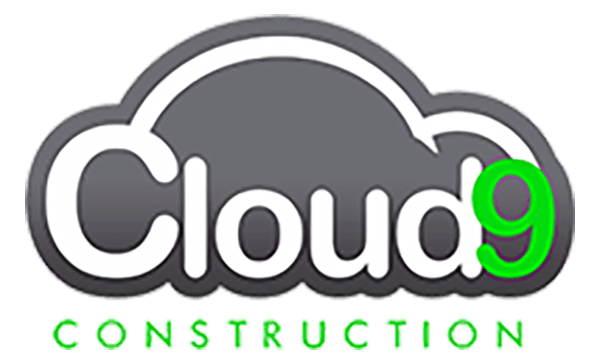ADU Builders in Clovis
You want to create safe and accessible housing options for loved ones, expand your personal living space, or take advantage of rental income opportunities. Cloud Nine Construction is the home of the accessory dwelling unit (ADU) builders who make your goals happen. We’re deeply familiar with Clovis’s zoning and permitting regulations and work closely with you to create and implement a structure that fulfills all legal requirements and complements your existing property.
Reach our team at (559) 289-8991 for more information on our ADU construction processes.
What Is an ADU?
An accessory dwelling unit, also known as a granny flat, in-law suite, or secondary unit, is a self-contained living space on the same property as a single-family home. ADUs are designed to provide additional housing options within existing residential areas, offering flexibility and affordability for homeowners and renters. These units can be attached to the primary residence, like a converted garage or basement, or built as a separate structure, like a backyard cottage or apartment above a detached garage.
ADUs typically feature amenities like a kitchen, bathroom, living area, and sleeping quarters, allowing for independent living while still being connected to the main property. They serve various purposes, including housing extended family members, generating rental income, or providing housing for caretakers or guests. ADUs have gained popularity in recent years due to changes in zoning regulations and increased demand for affordable housing options.
Many homeowners are exploring the potential of adding ADUs to their properties as a practical and cost-effective way to maximize space and address housing needs.
What Should You Expect During the ADU Construction Process?
During the ADU construction process, homeowners can expect a series of steps to transform their vision into a fully functional accessory dwelling unit. The process begins with thorough planning and design discussions with the ADU builder, where layout preferences, materials, and budget considerations are established.
Once the design is finalized and permits are obtained, construction commences. This typically involves site preparation, like excavation and foundation work, framing, roofing, and exterior finishing. At the same time, interior work begins, including electrical wiring, plumbing installation, insulation, drywalling, and flooring. Regular communication between the homeowner and builder throughout the construction phase is crucial to address any questions or concerns and ensure alignment with the project timeline and budget.
As construction nears completion, final touches like painting, cabinetry installation, and landscaping are added. Once the structure is complete, a thorough inspection is conducted to verify compliance with building codes and regulations before the homeowner can occupy the space.
Cloud Nine Construction’s ADU Building Services
We’re well-versed in all the zoning, safety, and building codes that apply to the construction of accessory dwelling units:
Our ADU building services include:
- Detached ADUs
- Attached ADUs
- Garage ADUs
- Junior accessory dwelling units (JADUs)
Contact a Custom ADU Builder Today
Cloud Nine Construction’s builders support property owners in Clovis by providing custom and affordable ADUs. We understand the importance of getting all the planning, design, development, and construction details right the first time. We’re an experienced secondary dwelling construction contractor with all the licensing, insurance coverage, trained personnel, and equipment to help you create an attached or detached accessory dwelling unit on your property.
Are you ready to get started? Reach us at (559) 289-8991 to reserve a risk-free initial consultation with our construction specialists.
